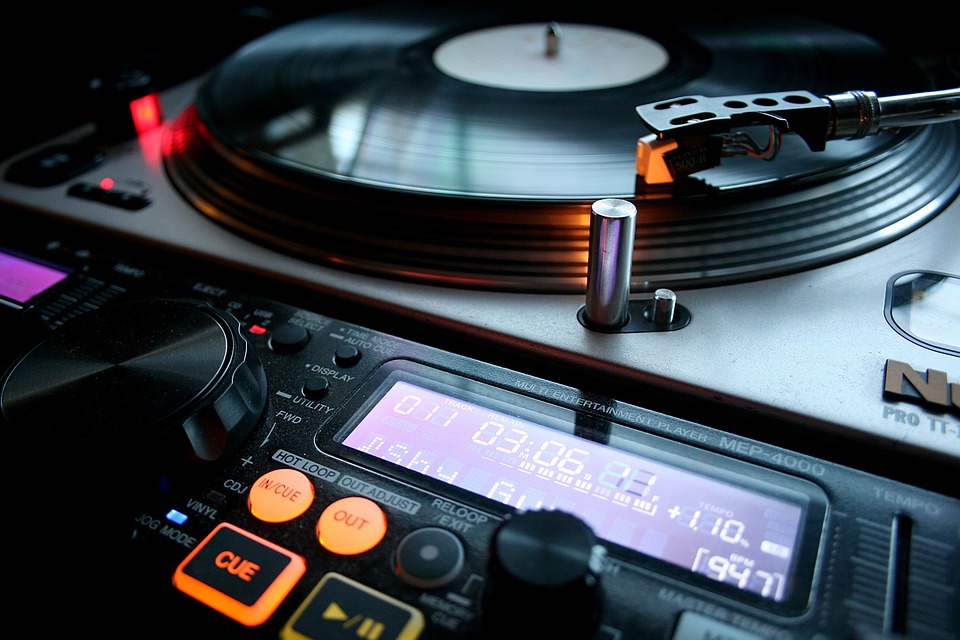When it comes to connecting audio equipment, two common types of connectors are RCA connectors and audio jacks. Understanding the differences between them can help you make informed choices when setting up your audio system. This article delves into the unique features, uses, and advantages of each type of connector.
What are RCA Connectors?
RCA connectors, also known as phono connectors, are widely used in audio and video applications. They were first developed in the 1940s and have remained a popular choice for connecting various devices. An RCA connector typically consists of a cylindrical metal tip and a plastic or rubber housing that encases the wiring. The most common use of RCA connectors is in stereo audio systems and composite video systems.
RCA connectors are color-coded, typically with red for the right audio channel, white (or black) for the left audio channel, and yellow for video. This color-coding helps users easily identify which cable connects to which port, making setup straightforward. RCA connectors are designed for analog signals, which means they provide a continuous wave signal that can represent sound or video information.
What are Audio Jacks?
Audio jacks, often referred to as headphone jacks or TRS (Tip-Ring-Sleeve) connectors, are another common type of connector used in audio equipment. The standard size for audio jacks is 3.5 mm, but they also come in larger sizes such as 6.35 mm (1/4 inch) and 2.5 mm. Audio jacks are primarily used to connect headphones, speakers, and other audio devices to audio sources like smartphones, computers, and amplifiers.
Audio jacks can carry stereo audio signals and are generally designed for both analog and digital signals. The three parts of an audio jack—the tip, ring, and sleeve—serve different purposes: the tip carries the left audio channel, the ring carries the right audio channel, and the sleeve is the ground connection. Some audio jacks also have an additional ring for a microphone, making them suitable for headsets.
Key Differences Between RCA Connectors and Audio Jacks
While both RCA connectors and audio jacks serve similar purposes in connecting audio devices, they have distinct differences that set them apart. One major difference lies in their physical design. RCA connectors are typically larger than audio jacks and are often used in more stationary setups, like home theater systems or professional audio equipment. In contrast, audio jacks are smaller and more portable, making them ideal for personal devices like smartphones and laptops.
Another difference is the type of signal they carry. RCA connectors primarily transmit analog signals, while audio jacks can support both analog and digital signals, depending on the type of device. RCA connectors are usually found in older audio equipment and consumer electronics, while audio jacks are more prevalent in modern devices, making them more versatile for everyday use.
Applications of RCA Connectors
RCA connectors are commonly used in various applications, particularly in home audio and video systems. They are often found in devices like DVD players, televisions, and amplifiers. The simplicity of RCA connectors makes them a go-to choice for many audio enthusiasts who prefer analog sound quality.
In professional settings, RCA connectors are frequently used in recording studios and sound systems. They allow for easy connections between different audio components, such as mixing consoles and speakers. RCA connectors are also helpful in connecting older devices to newer systems, especially when using adapters or converters.
Applications of Audio Jacks
Audio jacks are ubiquitous in modern audio devices. They are primarily used in headphones, earbuds, and portable speakers. Most smartphones and laptops feature a 3.5 mm audio jack, allowing users to connect their favorite audio accessories easily. The convenience of audio jacks makes them a popular choice for on-the-go audio consumption.
Audio jacks are also used in professional audio equipment, such as microphones and mixers. They provide a reliable connection for various audio sources, making them essential for live performances and recording sessions. Additionally, the versatility of audio jacks allows them to be used in a wide range of devices, from gaming consoles to home audio systems.
Advantages of RCA Connectors
One of the primary advantages of RCA connectors is their ability to transmit high-quality analog audio signals. Many audiophiles prefer RCA connectors for their warmth and richness in sound, making them ideal for home audio systems where sound quality is a priority. The simplicity of the connections also makes RCA connectors user-friendly.
RCA connectors are also durable and can withstand frequent plugging and unplugging, making them suitable for both personal and professional use. They are widely available, and their compatibility with various devices makes them a reliable choice for audio connections. Furthermore, RCA connectors can easily be adapted to connect with other types of audio equipment, enhancing their versatility.
Advantages of Audio Jacks
Audio jacks offer several advantages, particularly in terms of portability and convenience. Their smaller size makes them ideal for use in portable devices like smartphones, tablets, and laptops. The widespread adoption of audio jacks in consumer electronics has made them a standard for connecting audio accessories.
Another advantage of audio jacks is their ability to support both analog and digital audio signals. This flexibility allows users to connect a variety of devices without worrying about compatibility issues. Additionally, audio jacks can accommodate headsets with built-in microphones, making them suitable for calls and voice commands, further enhancing their usability in everyday life.
Choosing Between RCA Connectors and Audio Jacks
When deciding whether to use RCA connectors or audio jacks, consider the specific needs of your audio setup. If you are working with a home theater system or professional audio equipment, RCA connectors may be the better choice due to their ability to deliver high-quality analog audio signals. They are also suitable for connecting older equipment that may not have audio jacks.
On the other hand, if you are using portable devices or require a connection for headphones or earbuds, audio jacks are the way to go. Their compact design and versatility make them ideal for everyday use. Additionally, if you need a connection that supports both audio playback and communication, audio jacks with microphone support are the best option.
Conclusion
In summary, RCA connectors and audio jacks serve essential roles in connecting audio equipment, each with its unique advantages and applications. RCA connectors excel in delivering high-quality analog audio signals, making them suitable for home audio systems and professional setups. Audio jacks, on the other hand, provide convenience and versatility for portable devices and everyday use.
Ultimately, the choice between RCA connectors and audio jacks depends on your specific audio needs and the type of devices you are using. Understanding the differences between these two connectors will help you make informed decisions and optimize your audio experience.
FAQs
1. Can I use RCA connectors with my modern smartphone?
While most modern smartphones do not have RCA connectors, you can use adapters to convert RCA signals to a format compatible with your smartphone. However, it’s more common to use audio jacks for smartphones directly.
2. Are RCA connectors and audio jacks interchangeable?
No, RCA connectors and audio jacks are not interchangeable. Each type has a specific design and function, and using one in place of the other without an adapter may result in poor connectivity or no connection at all.
3. Do RCA connectors support digital audio?
RCA connectors primarily transmit analog audio signals. However, there are RCA connectors designed for digital audio, such as those used in S/PDIF connections, but these are less common than standard analog RCA connectors.
4. How do I know which connector to use for my audio setup?
Consider the type of devices you are connecting and their compatibility. If you’re working with older audio equipment, RCA connectors may be necessary. For modern devices, especially portable ones, audio jacks are generally more suitable.
5. Can I connect RCA connectors to speakers?
Yes, you can connect RCA connectors to speakers that have RCA inputs. Many home audio systems and amplifiers feature RCA outputs, allowing for easy connection to speakers.


